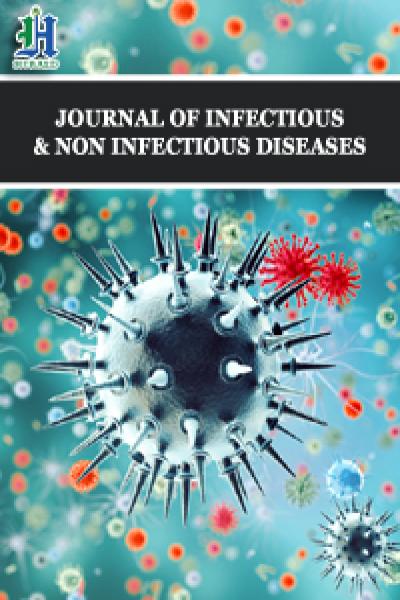
Fungal Infections
Fungal infections, also known as mycoses, are diseases caused by fungi that can affect the skin, nails, mucous membranes, and internal organs. These infections range from mild superficial conditions like athlete's foot, ringworm, and candidiasis, to severe systemic infections, especially in immunocompromised individuals. Fungi are opportunistic organisms that thrive in warm, moist environments and can enter the body through inhalation, skin contact, or contaminated surfaces. Common fungal pathogens include Candida, Aspergillus, Cryptococcus, and Dermatophytes.
Superficial infections are typically managed with topical antifungals, while deeper or systemic infections may require oral or intravenous antifungal medications. People with weakened immune systems—such as those with HIV/AIDS, cancer, or undergoing immunosuppressive therapy—are at higher risk of severe fungal diseases. Preventive measures include maintaining good hygiene, keeping skin dry, and using antifungal powders in susceptible areas. Prompt diagnosis and treatment are crucial to avoid complications, especially in vulnerable populations.

